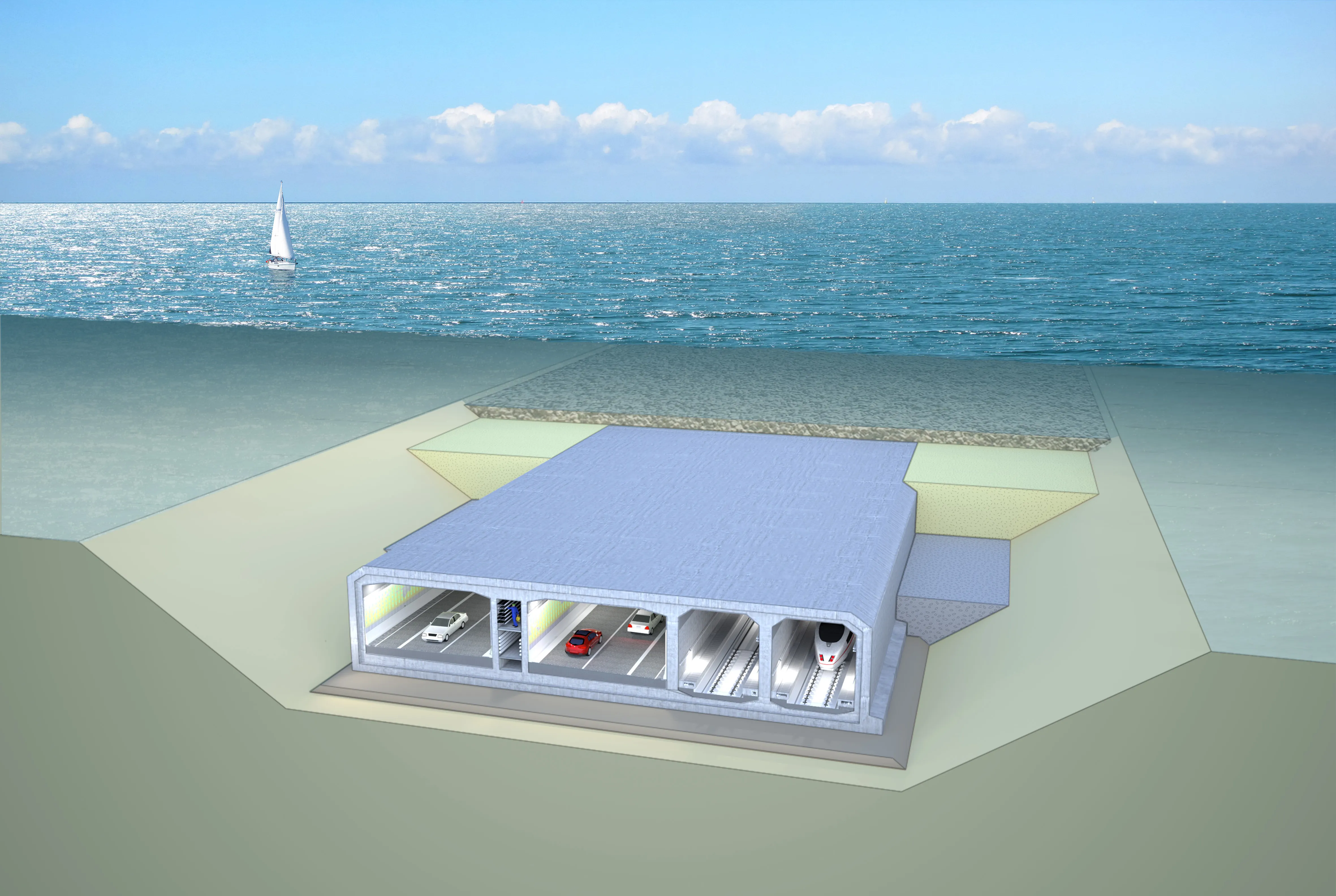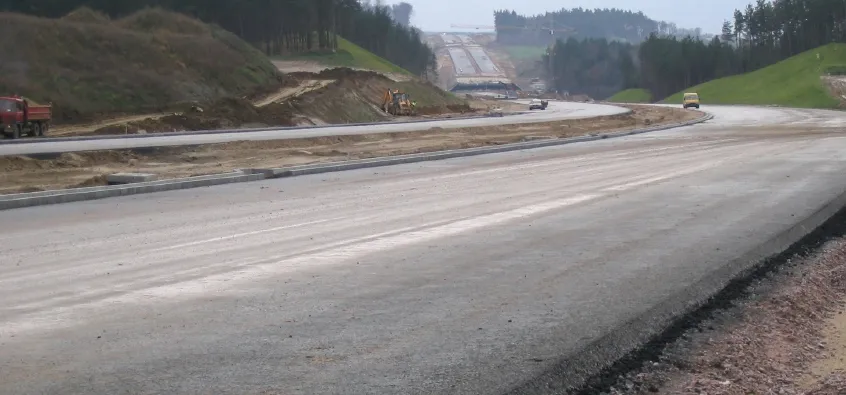Prime Minister David Cameron has that major road projects could be under threat if the United Kingdom were to leave the European Union.
Cameron reportedly said leaving the EU would have a “devastating impact” because funding such as the €20.4 billion invested into all types of infrastructure projects by the European Investment Bank over the past three years would dry up.
Extension of the nearly 100km M8 motorway in Scotland between the Scottish capital Edinburgh and Glasgow is one such project that
May 17, 2016
Read time: 2 mins
Prime Minister David Cameron has that major road projects could be under threat if the United Kingdom were to leave the 1116 European Union.
Cameron reportedly said leaving the EU would have a “devastating impact” because funding such as the €20.4 billion invested into all types of infrastructure projects by the European Investment Bank over the past three years would dry up.
Extension of the nearly 100km M8 motorway in Scotland between the Scottish capital Edinburgh and Glasgow is one such project that gas benefited from EU funds, he said.
Most of the motorway – the busiest in Scotland - was complete by 1980. But a 10km gap between Baillieston and Newhouse is under construction and expected to be finished by early next year.
The UK is having a national referendum on staying in or leaving the EU on June 23. Political parties on all sides have allowed individual members to campaign according to their conscience – free to work for either staying in or leaving the EU.
A report by the Daily Mail newspaper said that Cameron warned that if it the country were to leave, it “could wave goodbye” to the EIB money. Also, “with a smaller economy hit by new trading barriers and job losses, it's unlikely we'd be able to find that money from alternative sources”.
Earlier this week the EIB announced a €894 million loan to help fund the €5.36 billion Thames Tideway Tunnel. The 25km tunnel will capture, storage and carry away all the combined raw sewage and rainwater discharges that now overflow into the river.
The EIB is 16% owned by the British government.
Cameron reportedly said leaving the EU would have a “devastating impact” because funding such as the €20.4 billion invested into all types of infrastructure projects by the European Investment Bank over the past three years would dry up.
Extension of the nearly 100km M8 motorway in Scotland between the Scottish capital Edinburgh and Glasgow is one such project that gas benefited from EU funds, he said.
Most of the motorway – the busiest in Scotland - was complete by 1980. But a 10km gap between Baillieston and Newhouse is under construction and expected to be finished by early next year.
The UK is having a national referendum on staying in or leaving the EU on June 23. Political parties on all sides have allowed individual members to campaign according to their conscience – free to work for either staying in or leaving the EU.
A report by the Daily Mail newspaper said that Cameron warned that if it the country were to leave, it “could wave goodbye” to the EIB money. Also, “with a smaller economy hit by new trading barriers and job losses, it's unlikely we'd be able to find that money from alternative sources”.
Earlier this week the EIB announced a €894 million loan to help fund the €5.36 billion Thames Tideway Tunnel. The 25km tunnel will capture, storage and carry away all the combined raw sewage and rainwater discharges that now overflow into the river.
The EIB is 16% owned by the British government.







